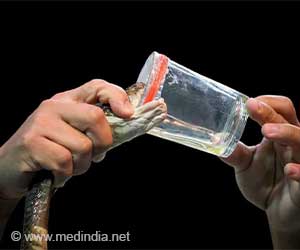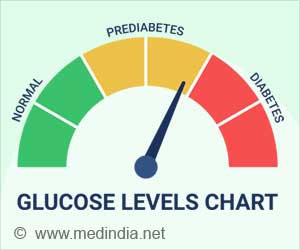A high-fat diet during pregnancy and infancy leads to a preference for salty taste, with potential implications for the development of obesity and diet-related disorders.
- Maternal and early-life exposure to a high-fat diet can impact the taste preferences and metabolism of offspring
- Offspring who were fed a high-fat diet throughout pregnancy and infancy preferred salty water, indicating altered taste preferences
- The increased expression of the AT1 protein in the taste buds of female offspring fed a high-fat diet is linked to a preference for salty taste
TOP INSIGHT
Maternal and early-life exposure to a high-fat diet can impact the taste preferences of offspring, leading to a preference for salty foods. This highlights the importance of understanding the programming of eating behavior and taste preferences in future generations. #health #nutrition #diet
Repercussions of Maternal and Early-Life Fat Exposure on the Offspring
In a study published in Scientific Reports, researchers from Tokyo Medical and Dental University (TMDU) investigated this. The researchers employed a rat model to study the influence of two-generational (pregnant mother and young infants) exposure to a high-fat diet on taste preference. Females who were pregnant or nursing were provided with a high-fat diet, whereas a control group was offered a conventional diet.After weaning, the offspring of each group continued to receive the same diet - babies from mothers who were fed a high-fat diet during pregnancy and those who were fed a standard diet continued to receive a high-fat diet and a standard diet, respectively. Young rats on high-fat diets grew greater weight and consumed more energy than their counterparts on regular diets.
Assessing the Impact of Maternal High-Fat Diet on Offspring's Taste Preferences
"We wondered if the different diets had affected the rats' taste preferences," says senior scientist Takashi Ono. "It is commonly known that taste influences food consumption. If something tastes nice, your brain's reward circuits are active, and you are more likely to eat more of it."The researchers used a two-bottle challenge to evaluate the animal's preference for the five basic tastes: bitter, sour, salty, sweet, and umami. Two bottles - one containing water and the other having water with taste - were placed in the rat cage.
Offspring who were fed a high-fat diet throughout pregnancy and infancy preferred salty water. When compared to the standard-diet group, they demonstrated no preference for the other tastes.
Mechanisms Behind the Salty Taste Preference in Offspring
What mechanisms are at work behind this preference? The researchers looked into the amounts of proteins involved in the perception of salty flavor."AT1 protein and gene expression increased in the taste buds of female offspring fed a high-fat diet." This occurred as early as three weeks after birth," adds Saranya Serirukchutarungsee, the study's lead author. "AT1 has been linked to a preference for salty taste, and evidence suggests that AT1 influences salty taste preference by increasing sodium intake in taste bud cells."
When considering the substantial links between a bad diet and poor health, a better understanding of the programming of offspring's eating behavior and taste preferences is critical. These findings are an important first step toward future research aimed at lowering the likelihood of developing obesity and diet-related disorders such as cardiovascular disease in kids and later generations.
Source-Medindia
 MEDINDIA
MEDINDIA





 Email
Email










